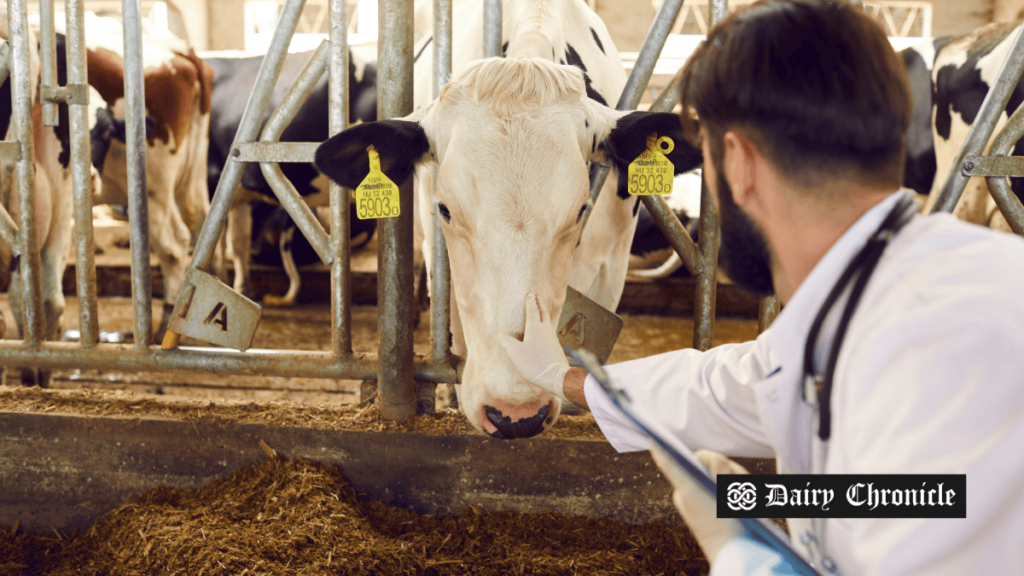Nepal’s dairy sector is facing a severe financial crisis as private dairies struggle to pay farmers due to excess stockpiles and declining demand. Prime Minister KP Sharma Oli, on February 18, 2025, directed private dairies to clear outstanding dues, but industry leaders claim they lack the financial capacity to comply. The Dairy Development Corporation (DDC), Nepal’s state-owned dairy enterprise, has partially settled its obligations but still owes significant amounts. The economic downturn, rising milk prices, and oversupply from the flush season have worsened the situation, leading to an industry-wide slowdown.
Nepal’s dairy industry is in turmoil as private dairies struggle to settle outstanding dues to farmers, citing an unprecedented dairy recession and excess stockpiles. Despite Prime Minister KP Sharma Oli’s directive to clear payments, private dairy operators claim they are financially unable to comply.
The Dairy Development Corporation (DDC), Nepal’s state-owned dairy enterprise, has partially settled its obligations, clearing Rs2.4 billion in payments to farmers up to mid-September last year. However, the corporation still owes over Rs700 million, with further settlements expected gradually.
Dairy Recession and Payment Delays
Private dairies argue that a sharp decline in demand, coupled with excessive stockpiles, has created a financial strain. Raj Kumar Dahal, President of the Dairy Industries Association, revealed that dairies have unsold powder milk and butter worth approximately Rs4 billion, making it difficult to clear the Rs2 billion owed to farmers.
We are unable to pay farmers due to unsold stockpiles, but we are trying to manage payments. The market is stagnant, and demand remains low.”
Raj Kumar Dahal, President of the Dairy Industries Association
Despite these challenges, dairies continue to procure milk from farmers, leading to further stock accumulation. The flush season, which runs from August to February and produces nearly three times the milk compared to the lean season, has worsened the situation.
Government and Industry Responses
While the government has urged dairies to clear payments, industry representatives insist that immediate settlements are impossible unless they receive financial support or manage to sell existing stock. Rising dairy prices, with milk exceeding Rs110 per litre, have reduced consumer demand, further contributing to the crisis.
In an attempt to mitigate losses, the DDC has entered an agreement with private sector companies. Since December 30, 2024, the corporation has been supplying 1,000 kg of raw cheese daily to Himalayan Dog Chew, a brand under the Manaram Group, which exports 100 tonnes of dog chew monthly. Additionally, efforts are underway to facilitate butter exports to China, with the agriculture ministry working with China’s General Administration of Customs (GACC).
The Nepal Dairy Association, which represents 300 private dairies, claims to have settled all dues and resumed regular payments to farmers. However, the broader industry remains financially strained. Last year, during the flush season, farmer dues rose to Rs1.5 billion, highlighting the recurring challenges faced by the dairy sector.
To sustain operations, the DDC took a Rs600 million loan in September 2024 to settle outstanding payments. However, both state-owned and private dairies continue to report financial difficulties due to the ongoing economic downturn, rising production costs, and sluggish consumer demand.
As Nepal’s dairy sector navigates these financial hardships, stakeholders remain uncertain about the industry’s future. Unless demand stabilizes and stockpiles are reduced, payment delays and financial distress for farmers are likely to persist.



